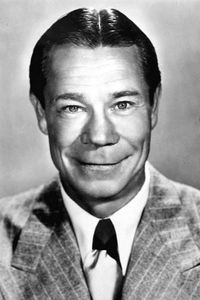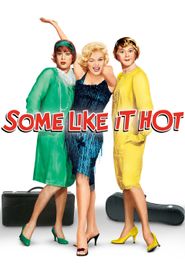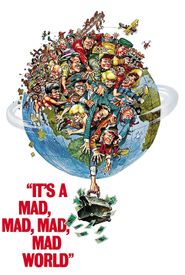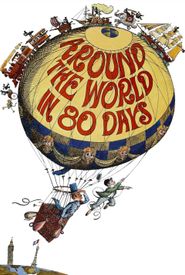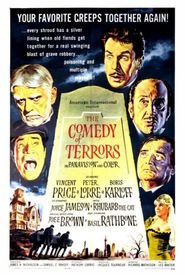Joe E. Brown's early life in showbusiness was marked by a unique claim: he was the only youngster to run away from home to join the circus with the blessing of his parents. In 1902, at the tender age of ten, Brown joined the Five Marvellous Ashtons, a circus tumbling act that toured various circuses and vaudeville theaters.
As he honed his skills, Brown began incorporating comedy bits into his act, which quickly gained popularity. He made his Broadway debut in 1920 with an all-star review called "Jim Jam Jems". Throughout the 1920s, he developed his comedic skills, building confidence and popularity.
However, his film debut was not as successful. In "The Circus Kid" (1928),Brown played a lion tamer whose fate is death, a role that did not register with the public. It wasn't until he signed with Warner Brothers in 1929 to do comedy roles in film adaptations of Broadway shows that he gained recognition.
Brown's loud yell, infectious grin, and cavernous mouth became his signature traits. Many of his films revolved around sports, taking advantage of his natural athletic ability and physical comedy. He played a botanist-turned-track-star in "Local Boy Makes Good" (1931),a pitcher-fireman in "Fireman, Save My Child!" (1932),and a baseball player in "Elmer, the Great" (1933) and "Alibi Ike" (1935).
As one of the top ten moneymaking stars for 1933 and 1936, Brown had his own baseball team at the studio. However, his contract with Warners ended in 1937, and he signed with David L. Loew, leading to a series of low-budget films with poor production values. Brown later referred to this period as his biggest professional mistake.
After a brief resurgence in the 1940s, Brown's film career slowed down. He worked tirelessly to entertain troops during World War II, and his enthusiasm helped him overcome the loss of his son, Captain Donald Brown. Brown returned to the stage in 1947 and eventually landed a role in the drama "The Tender Years" (1948).
It wasn't until the 1951 remake of "Show Boat" that Brown was back on the big screen, playing the role of Cap'n Andy Hawks. As his film career dwindled, Brown worked in radio and television, starring as a clown in "The Buick Circus Hour" (1952-1953) and making guest appearances on various shows in the 1950s and early 1960s.
Despite his struggles, Brown was regarded by his peers as one of the few truly nice people in Hollywood. He gained a new generation of fans with his iconic role as Osgood Fielding III in Billy Wilder's classic "Some Like It Hot" (1959),uttering the immortal last line, "Well, nobody's perfect."
